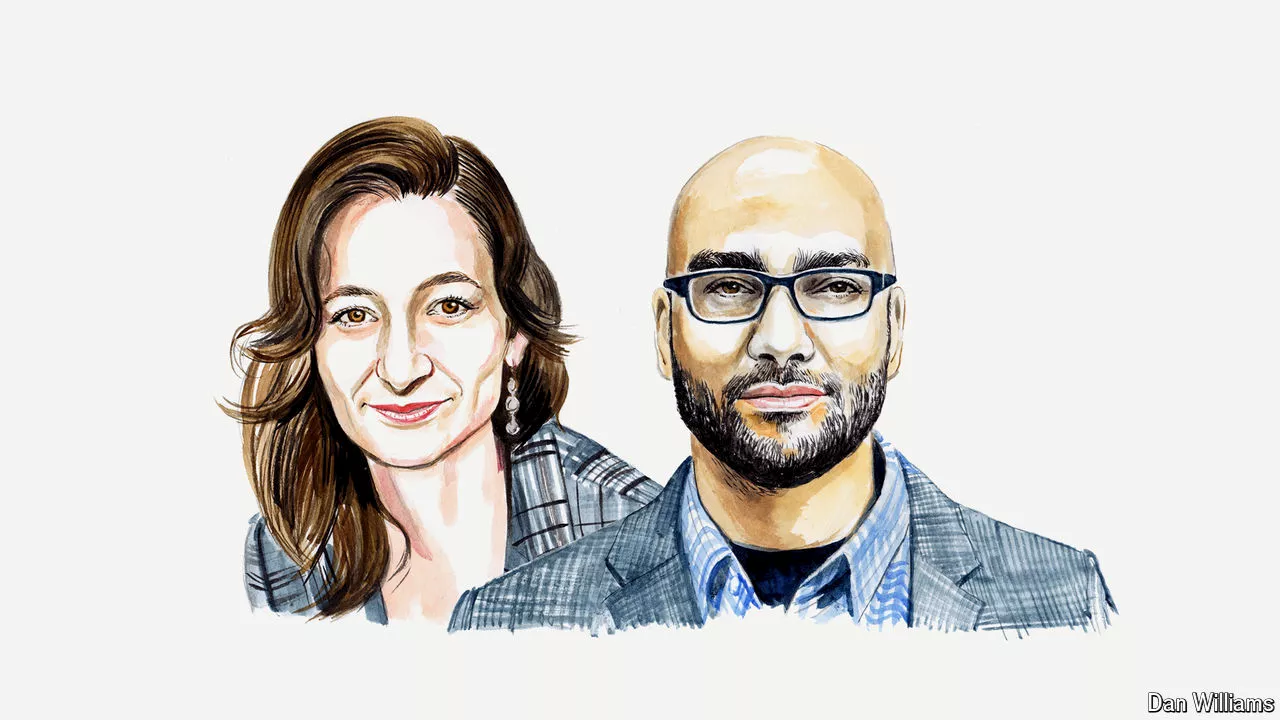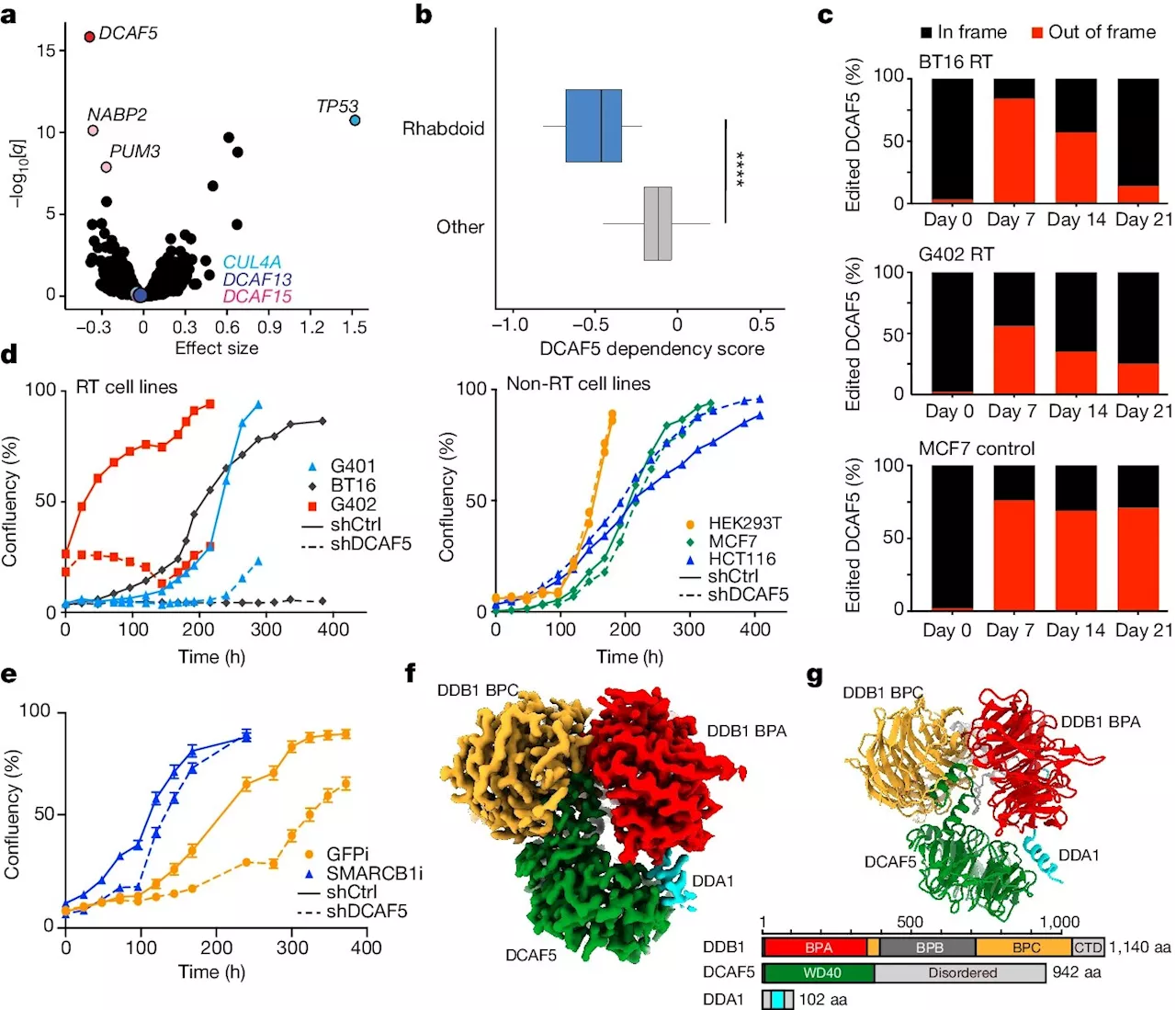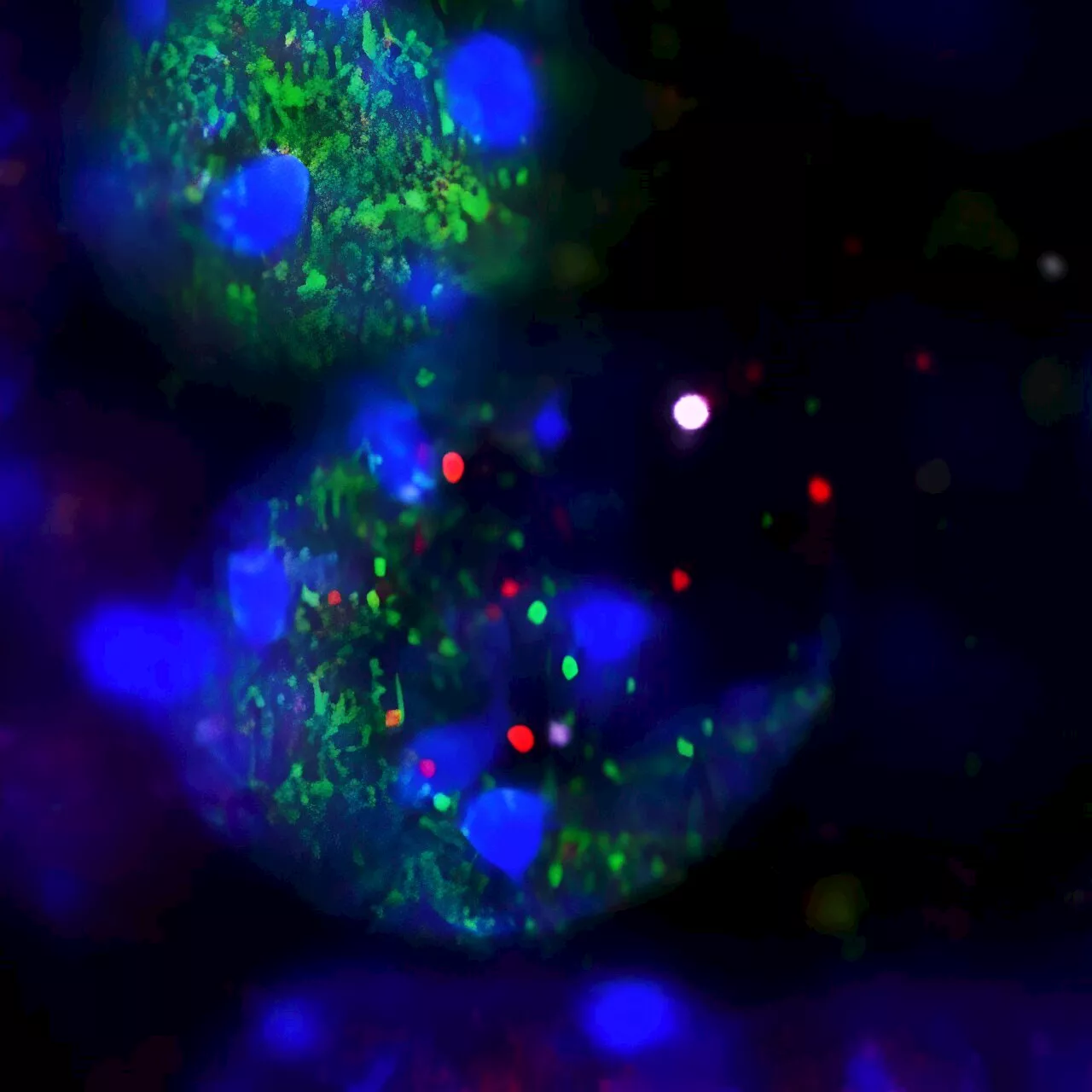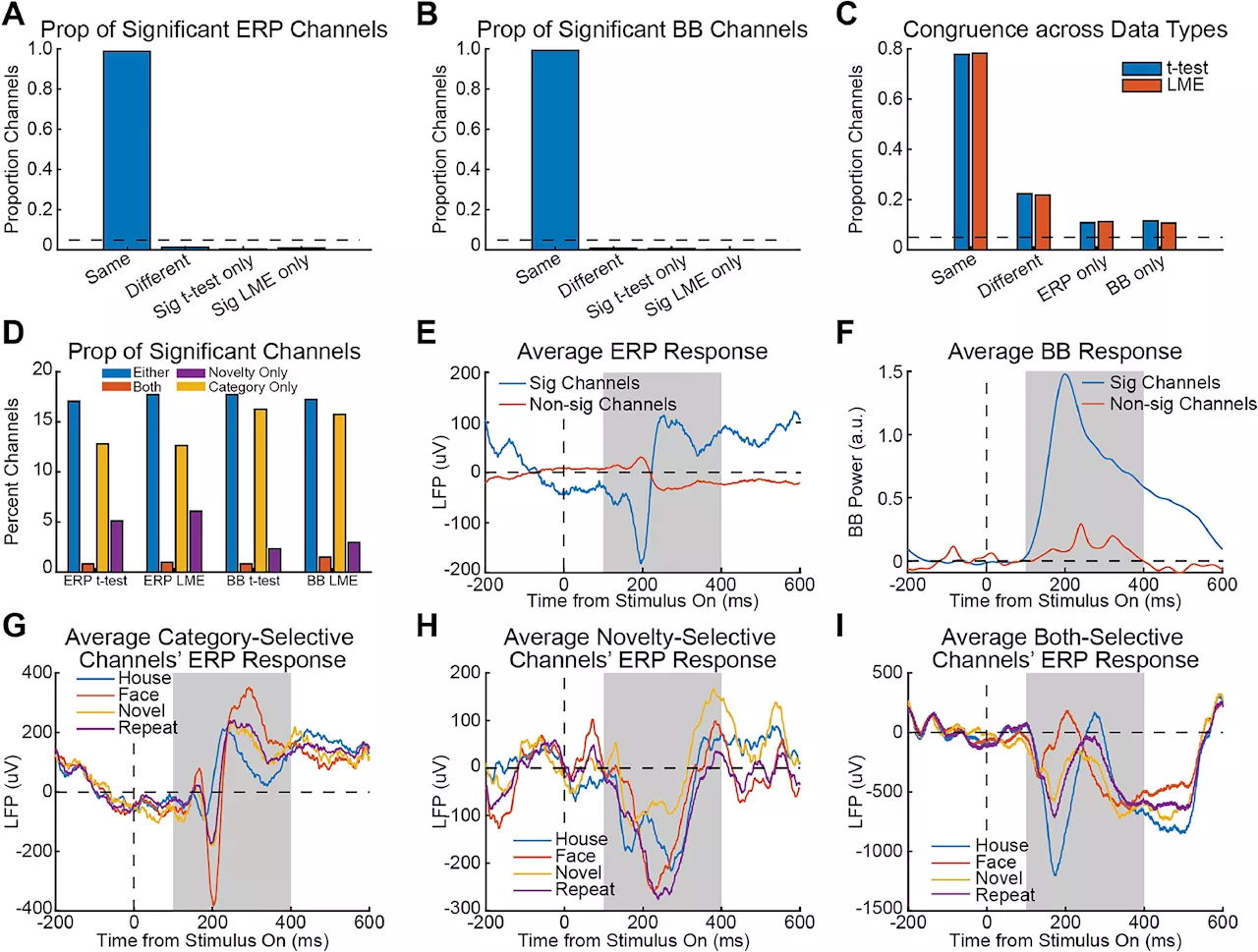Researchers reviewed the impact of cinnamon, curcumin, and resveratrol on oxidative stress and inflammation in type 2 diabetes patients, highlighting their potential to improve metabolic regulation and reduce complications.
By Pooja Toshniwal PahariaApr 26 2024Reviewed by Susha Cheriyedath, M.Sc. In a recent systematic review published in the journal Nutrients , researchers investigated the effectiveness of cinnamon, curcumin, and resveratrol phytochemicals in reducing oxidative stress and inflammation in individuals with type 2 diabetes mellitus .
About the systematic review In the present systematic review, researchers investigated the efficacy of cinnamon, curcumin, and resveratrol as dietary supplements in modifying oxidative stressors and antioxidant activities. Reactive oxygen species levels enhance oxidative stress-related inflammation. Curcumin lowers the nicotinamide adenine dinucleotide phosphate /NADPH ratio and thus ROS levels. Cinnamon lowers ROS expression by decreasing toll-like receptor 4/NADPH oxidase 4 levels. Resveratrol has an anti-inflammatory impact by raising nuclear factor erythroid 2-related factor 2 expression and decreasing the nuclear factor kappa B activity.
Curcumin Diabetes Inflammation Resveratrol Anti-Inflammatory Antioxidant Blood Cholesterol Diabetes Mellitus Efficacy Fasting Glucose Glycated Hemoglobin Hemoglobin Insulin Kinase Lipoprotein Metabolism Micro Mortality Nephropathy Neuropathy Nutrients Oxidative Stress Protein Receptor Research Retinopathy Stress Supplements Type 2 Diabetes
United Kingdom Latest News, United Kingdom Headlines
Similar News:You can also read news stories similar to this one that we have collected from other news sources.
 Toddler dubbed next music 'star' after Gerry Cinnamon impression goes viralA clip of three-year-old Saul has gone viral after he impersonated the Glasgow icon. He has now been dubbed a 'star', with the feel good video putting a smile on thousands of faces.
Toddler dubbed next music 'star' after Gerry Cinnamon impression goes viralA clip of three-year-old Saul has gone viral after he impersonated the Glasgow icon. He has now been dubbed a 'star', with the feel good video putting a smile on thousands of faces.
Read more »
 Video will kill the truth if monitoring doesn’t improve, argue two researchersMadeleine Daepp and Robert Osazuwa Ness share lessons from Taiwan for fighting disinformation
Video will kill the truth if monitoring doesn’t improve, argue two researchersMadeleine Daepp and Robert Osazuwa Ness share lessons from Taiwan for fighting disinformation
Read more »
 Evolving brain sizes from 1930 to 1970 could signal decreased dementia risk, researchers sayChanges in skull and brain size, as well as the thickness of the cortex, across individuals born between the years 1930 and 1970.
Evolving brain sizes from 1930 to 1970 could signal decreased dementia risk, researchers sayChanges in skull and brain size, as well as the thickness of the cortex, across individuals born between the years 1930 and 1970.
Read more »
 Researchers turn back the clock on cancer cells to offer new treatment paradigmSt. Jude Children's Research Hospital scientists reversed an aggressive cancer, reverting malignant cells towards a more normal state. Rhabdoid tumors are an aggressive cancer which is missing a key tumor suppressor protein.
Researchers turn back the clock on cancer cells to offer new treatment paradigmSt. Jude Children's Research Hospital scientists reversed an aggressive cancer, reverting malignant cells towards a more normal state. Rhabdoid tumors are an aggressive cancer which is missing a key tumor suppressor protein.
Read more »
 Making long-term memories requires DNA damage, researchers discoverJust as you can't make an omelet without breaking eggs, scientists at Albert Einstein College of Medicine have found that you can't make long-term memories without DNA damage and brain inflammation. Their surprising findings were published in the journal Nature in a paper titled 'Formation of memory assemblies through the DNA sensing TLR9 pathway.
Making long-term memories requires DNA damage, researchers discoverJust as you can't make an omelet without breaking eggs, scientists at Albert Einstein College of Medicine have found that you can't make long-term memories without DNA damage and brain inflammation. Their surprising findings were published in the journal Nature in a paper titled 'Formation of memory assemblies through the DNA sensing TLR9 pathway.
Read more »
 Researchers introduce enhanced brain signal analysis techniqueUniversity of Minnesota Medical School researchers have introduced a new, refined method for analyzing brain signals, enhancing our understanding of brain functionality. This research has the potential to improve treatments for neurological conditions such as Parkinson's disease, pain, epilepsy and depression.
Researchers introduce enhanced brain signal analysis techniqueUniversity of Minnesota Medical School researchers have introduced a new, refined method for analyzing brain signals, enhancing our understanding of brain functionality. This research has the potential to improve treatments for neurological conditions such as Parkinson's disease, pain, epilepsy and depression.
Read more »
